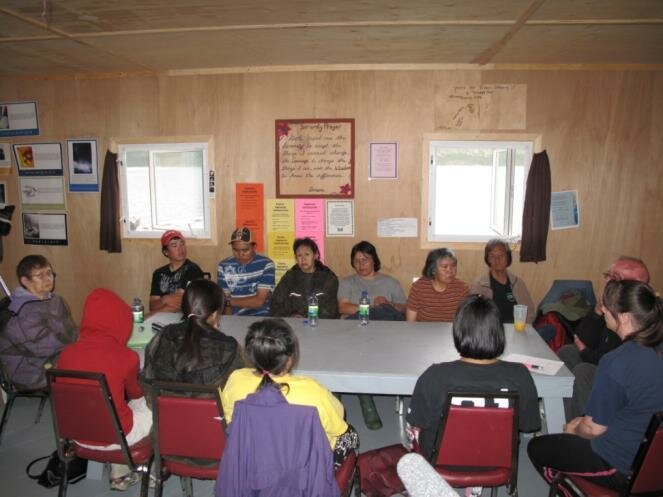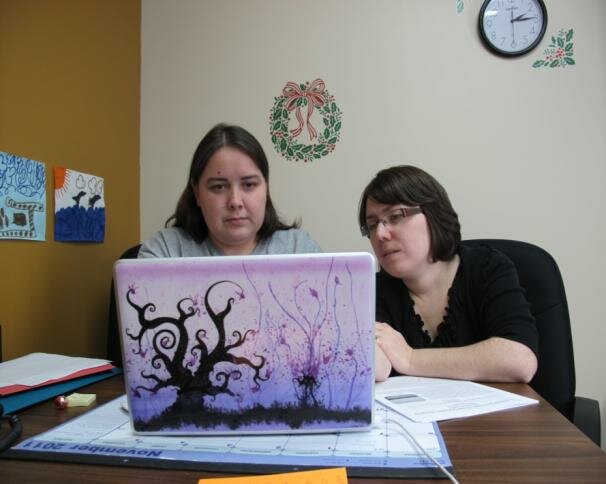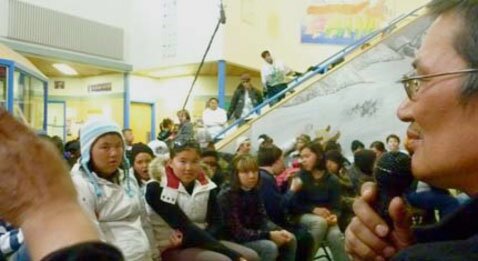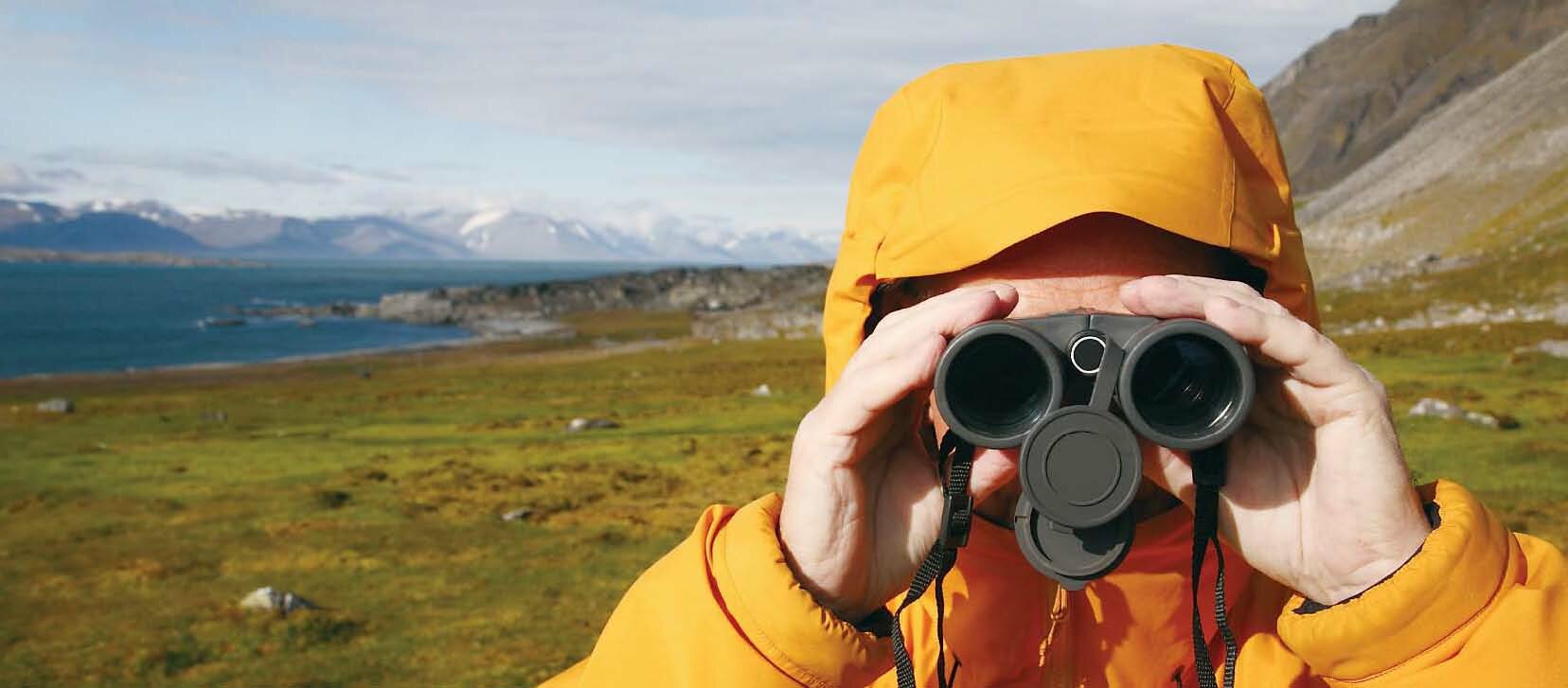Sharing knowledge between and within generations is a valuable societal practice that brings context to experiences and helps individuals and communities make informed decisions. Whether it is passed on through story, books, video, arts, music etc…; the purpose is to educate, to create awareness, and to promote knowledge that is meaningful.








Education is a powerful tool that builds capacity within community (Battiste, M. 2002). The leaders of today and tomorrow need to have access to a wide array of knowledge and experience to make informed decisions on how to adapt to environmental change. Through community-led projects, communities are building capacity by engaging current and future leaders in the scientific process and by organizing on-the-land camps where youth learn traditional ecological knowledge (TEK). Sheila Watt-Cloutier, acclaimed Inuk climate change advocate and Nobel Prize nominee, considers being out on the land an intimate learning experience where:
Northern First Nations and Inuit communities made it clear that sharing knowledge, specifically traditional knowledge, is important to them. Thirteen out of 36 projects tell stories of how communities put forth plans to educate northern First Nations, Inuit, and researchers on climate change health impacts and adaptation. A strong emphasis was put on sharing traditional knowledge between youth and Elders through their participation in interviews, on-the-land camps, films, and photography activities.
Reference
Battiste, Marie. Indigenous Knowledge and Pedagogy in First Nations Education. A Literature Review with Recommendations. October 31, 2002. [pdf]








